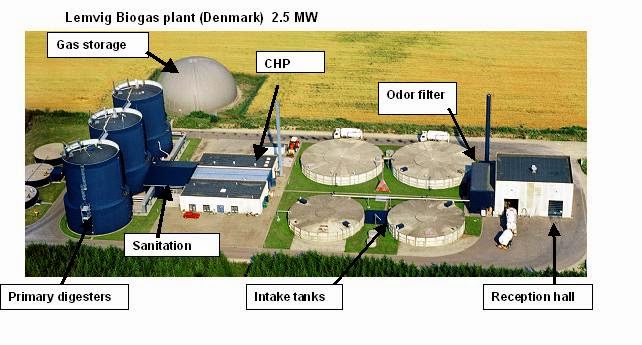Enacting a Renewable Energy Law in Poland: the Uphill Marathon

The press is filled with new accounts of an admission by the Prime Minister's office that we may not have a renewable energy law in place and approved by Brussels before 2017. This squares up pretty well with my predictions on the process early this year. Almost no one understood that the renewable energy support program will not ultimately be written in Warsaw, but in Brussels. Due to the need to approve state aid, the European Commission has a major role to play in determining what can occur in every Member State. While the Directorate General for Competition in Brussels is rewriting the rules to be applied in 2017 and thereafter, Poland has not completed the required procedure for state aid that started in 2005. The new State Aid Guidelines for Environmental Protection announced on April 9, 2014 require that changes be made by 2017. The Prime Minister's staff person mentioning a review in 2017 while speaking at a conference this week sig...





